Trump’s tariff war continues. The US president has announced tariffs of 100 per cent on imports of branded and patented pharmaceutical drugs, starting October 1, next Wednesday. However, Donald Trump attached a caveat to the announcement. There wouldn’t be such a heavy tariff imposed if the drug company was to set up manufacturing plants in the United States.
Trump’s latest tariff blitz is likely to affect India, as the country’s pharma sector has a high dependency on US buyers. In fact, the US is India’s largest drugs market.
Here’s a closer look at what Donald Trump announced and how it may affect India and its drugs exports.
Trump’s announcement on pharma and more
On Thursday (September 25), US President Donald Trump announced that brand-name or patented pharmaceutical products will be subject to a 100 per cent tariff starting October 1 – unless the drugmaker is building a manufacturing plant in the US.
The move doesn’t come as a total surprise; he has been promising for months to levy tariffs on pharmaceutical imports, which avoided tariffs during his first term. The US president sees tariffs as a way to pressure drug manufacturers to ramp up production in the US and to strengthen the supply chain for essential medicines.
In his announcement on Truth Social, Trump wrote, “Starting October 1, 2025, we will be imposing a 100 per cent tariff on any branded or patented pharmaceutical product, unless a company is building their pharmaceutical manufacturing plant in America.”
He added, “There will, therefore, be no tariff on these pharmaceutical products if construction has started.”
In addition to tariffs on pharmaceuticals, US President Trump also announced new taxes on other imports. Trump said a 50 per cent tariff would be applied to kitchen cabinets, 30 per cent to upholstered furniture, and 25 per cent to heavy trucks.
In a separate post, Trump also announced a 25 per cent tariff on “all heavy (big) trucks’ made in other parts of the world” to support US manufacturers, including Peterbilt, Kenworth, Freightliner, and Mack Trucks. He said the tariffs serve multiple purposes, “but above all else, for national security purposes.”
Possible impact of Trump’s tariffs on India and beyond
Following Trump’s announcement on the tariffs on pharmaceuticals, shares in Asia slid. According to a Reuters report, shares of pharmaceutical companies across Asia tumbled, with Japan’s Topix pharmaceutical index last down one per cent, while the Hong Kong-listed innovative drug index slid 2.8 per cent. Shares in South Korean drugmaker SK Biopharmaceuticals fell 2.7 per cent, while Australian biotech firm CSL was last down 1.6 per cent, after slumping more than three per cent earlier in the session.
In India, the mood has turned cautious following Trump’s pharma tariffs. That’s because the country remains one of the largest suppliers of medicines to the US.
Data shows that India exported $8.7 billion (Rs 77,231 crore) worth of pharmaceutical products to the US in 2024. Moreover, in the first half of this year, India has already exported $3.7 billion (Rs 32,505 crore) to the US.
As per reports, India supplies over 45 per cent of generic and 15 per cent of biosimilar drugs used in the US. Firms like Dr Reddy’s, Aurobindo Pharma, Zydus Lifesciences, Sun Pharma and Gland Pharma reportedly earn anywhere from 30-50 per cent of their total revenues from the American market.
Apart from this, it is reported that drugs from India helped the US healthcare system to save $219 billion in 2022 alone and over the next five years, generics from India are estimated to provide an additional $1.3 trillion in savings.
Now, if a 100 per cent tariff was to be imposed it would result in price hikes, inflation and drug shortages in the US. It’s important to note here that 47 per cent of all generic prescriptions to the US were supplied by Indian companies in 2022, according to a report by the IQVIA Institute. This amounts to four out of 10 of all prescriptions filled in the country.
As HDFC Securities analysts told the Mint earlier, “In case, the US starts imposing tariffs on the pharma sector, it will impact both countries.”
Experts have, however, noted that Trump’s tariffs have been imposed on target branded and patented drugs, and not on generic drugs, which makes up the bulk of India’s drugs exports. There’s uncertainty looming, with pharma executives keeping a close eye on what happens next.
Trump’s tariff blitz
The tariffs on pharmaceuticals, which had been opposed by the Pharmaceutical Research and Manufacturers of America earlier, is part of the US president’s ongoing tariff war against all of America’s trading partners, including India.
Trump has already levied different levels of tariffs on various countries — 50 per cent on India — on goods ranging from jewellery to garments.
The US president is of the firm opinion that tariffs is the only way to force companies to invest more in domestic factories. He has dismissed fears that importers would simply pass along much of the cost of the taxes to consumers and businesses in the form of higher prices.
However, critics have a very differing view. They insist that Trump’s tariff strategy is worsening inflation and curbing businesses. But, the president and his administration has dismissed these concerns. “We’re protecting American jobs, we’re protecting American factories. It’s very simple. If you want to sell here, you build here,” Trump has said in the past.
We will have to wait until October 1 to see the impact of these new tariffs.
With inputs from agencies


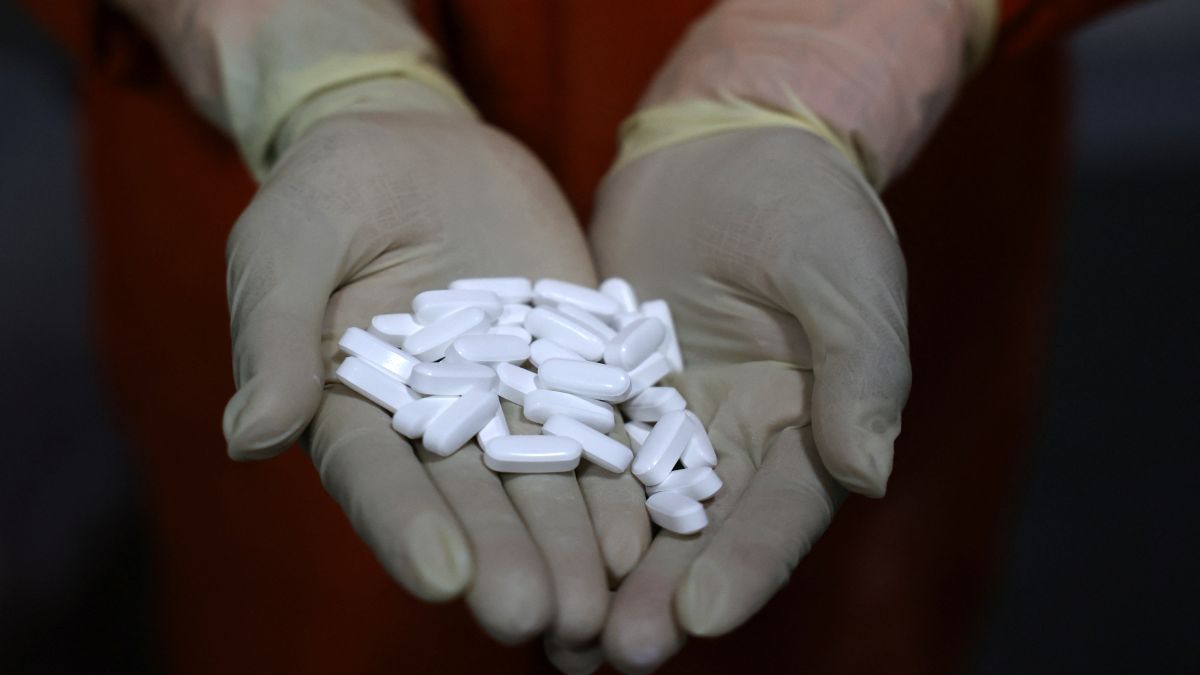)

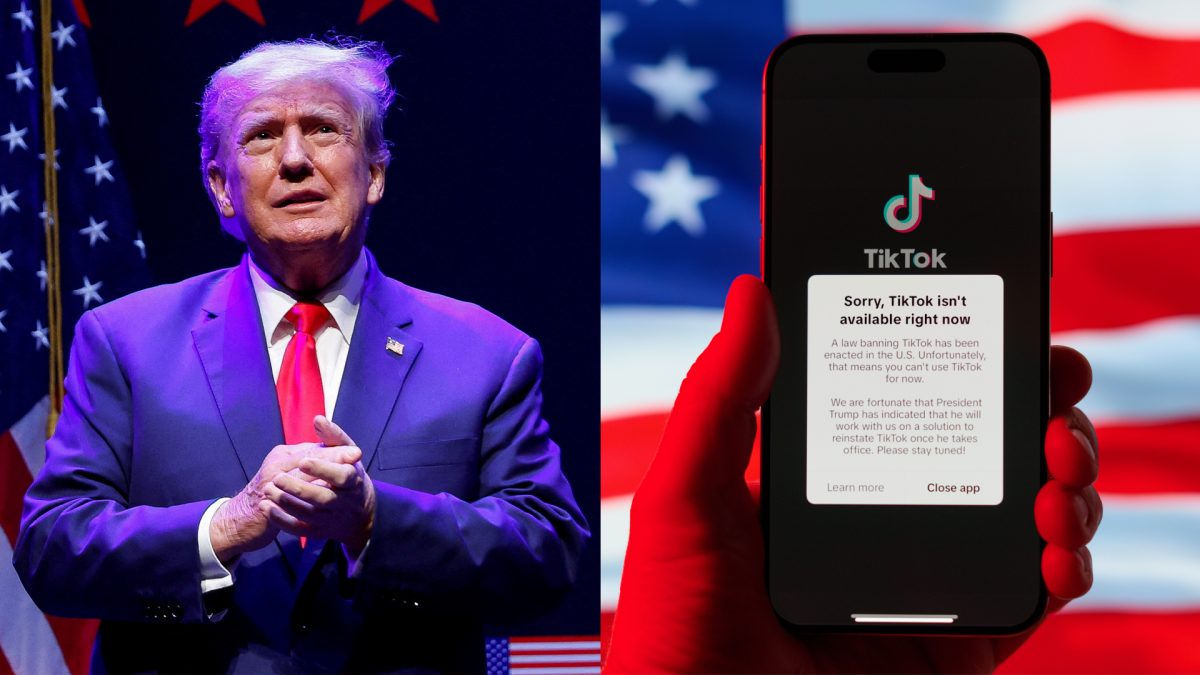)
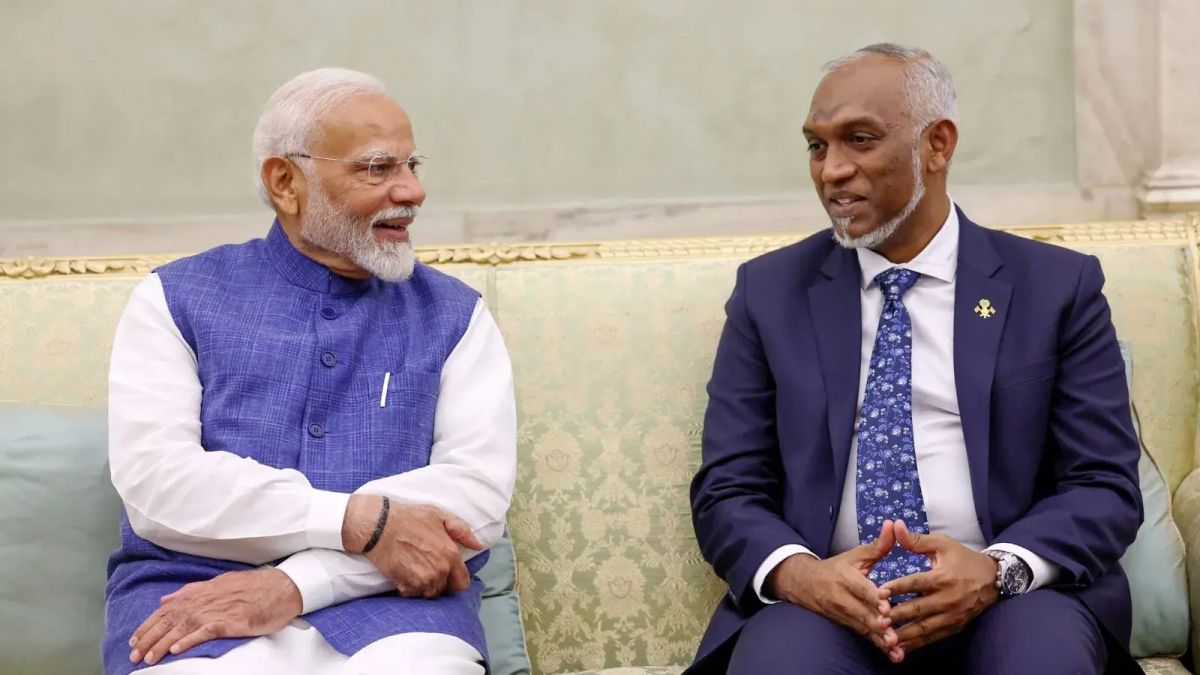)
)
)
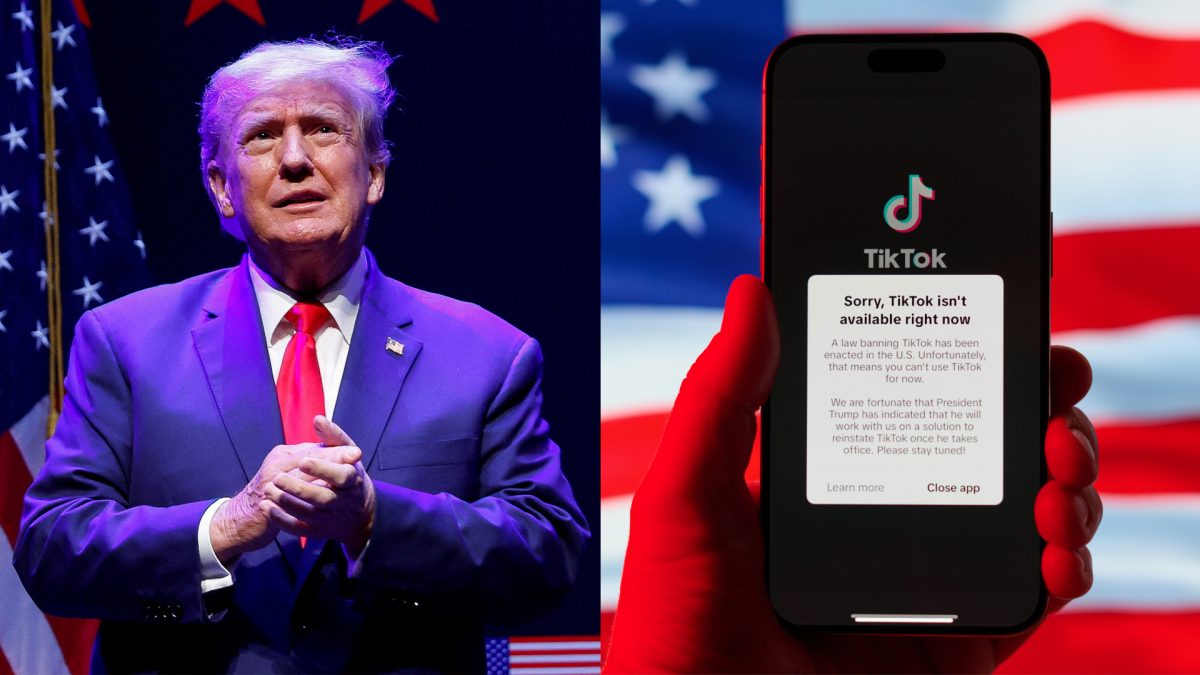)
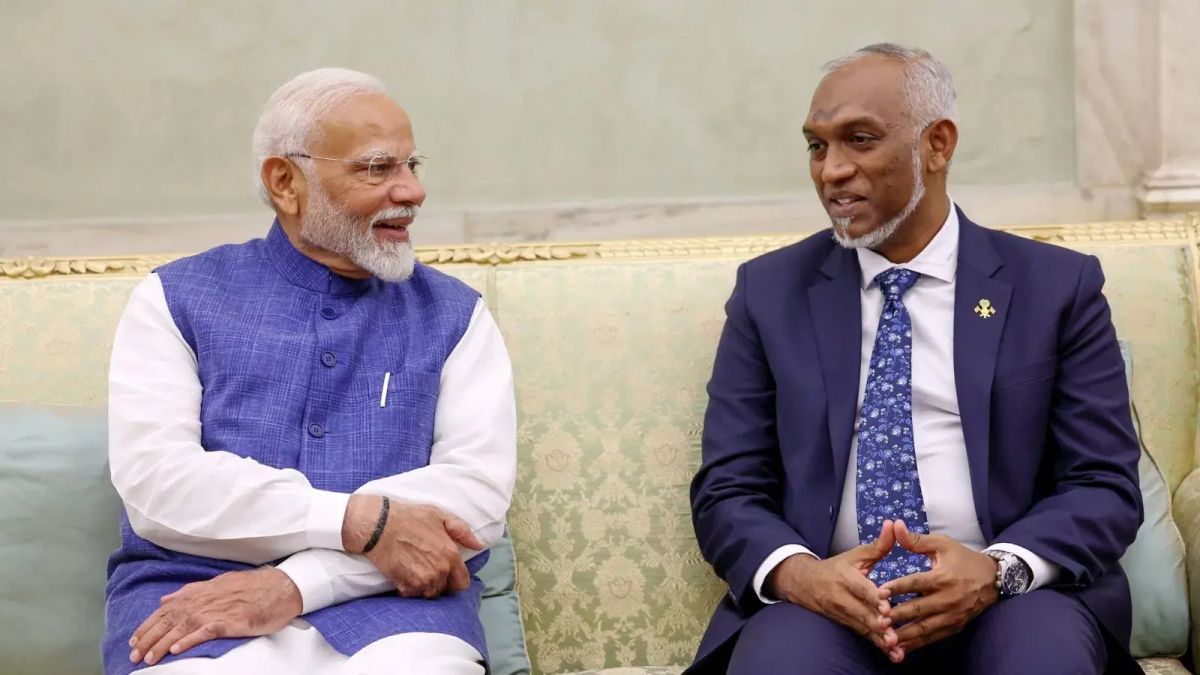)
)
)



